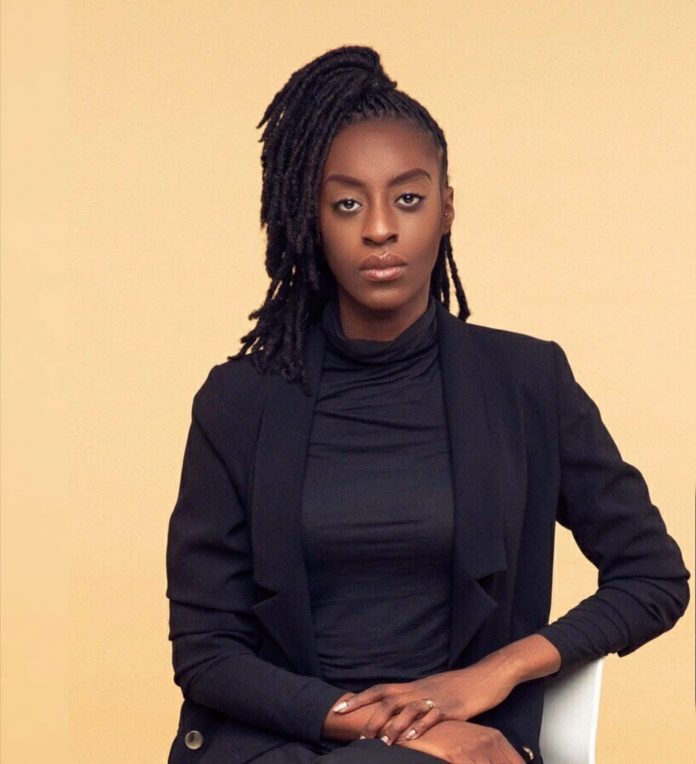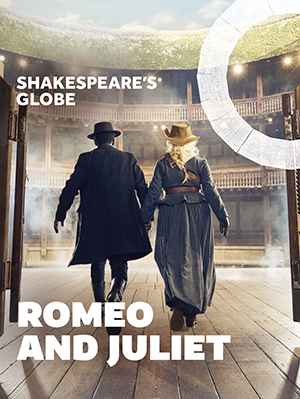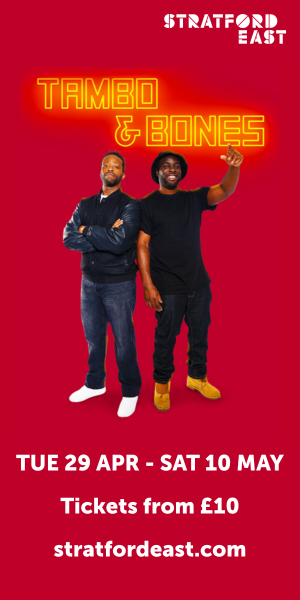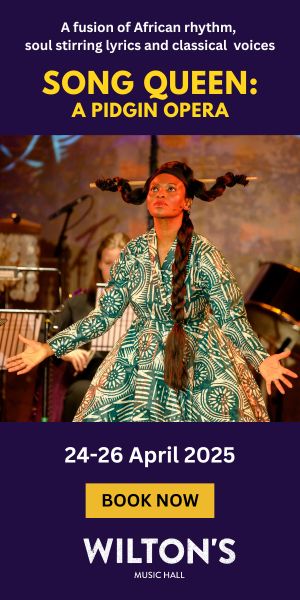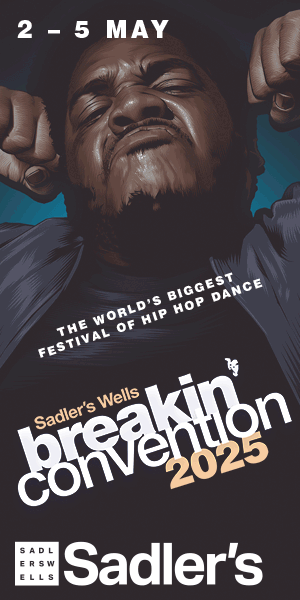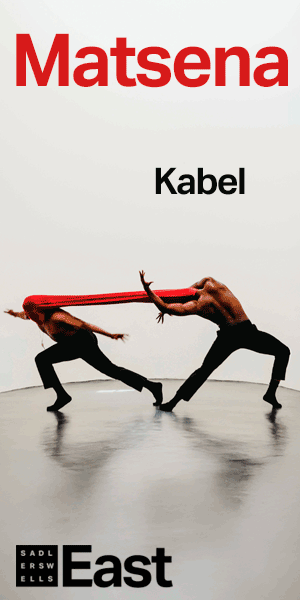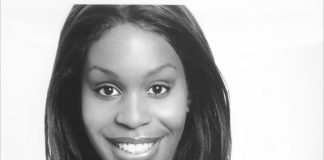Dutchman by Amiri Baraka explores race, sexuality and power in many ways that theatre often shy’s away from. From Civil right to Black Lives Matter, as a race we are constantly fighting for change. Sadly, not much has improved for many people. With so many political issues arising around Equality and Racism, now is a perfect time for Dutchman to be performed.
We are excited to talk to award-winning writer and producer Sheila Nortley who is the associate director on Dutchman.
Dutchman is your theatrical debut as an associate director. What drew you to this play?
I was initially approached by the production companies (Outer Gaea Company and Théâtre Libre) to get involved and I hadn’t heard of the play before. I think what drew me to it was just how relevant it still was. When we look at what’s happening now in 2019 with endemic police brutality and institutional racism, we still seem to have to shout from the rooftop and create trends to remind people that our lives matter, you know? This play was written in the sixties and in some ways it’s amazing how little we’ve progressed since then. So, I found that interesting. Also, it was just very beautifully written, very flowery language- I’d even go so far as to say it’s almost Shakespearian in parts in terms of the way that it’s written, yet it’s contemporary and set in the sixties. So, I was interested in seeing how that’d marry up.
As a screenwriter and producer, how challenging has it been to venture into a new role as an associate director?
I think the challenge has been transitioning from film to theatre. They have their similarities, but they are also very different. To be honest, I had no idea just how many rehearsals theatre productions need and that has been the biggest challenge of all, just navigating through that. With film or TV, rehearsals aren’t as essential because we’re going to have several takes of each shot but in theatre obviously the performance is live, and you only get one chance per performance to get it right. The hardest part has been factoring in all the rehearsal time in and working around everyone’s schedules.
This play was written in the sixties and in some ways it’s amazing how little we’ve progressed since then.
What message would you like the audience to take away from the play?
Hmm. That’s a good question. I don’t think there’s one message. The play is an expression of struggle and pain. I want to take them on that journey with us. The destination – or the message, if you like, – is entirely up to audience based upon their own way of thinking and seeing their own perceptions. But the journey I want to take them on is a journey of exploring the suppression of the black figure in a white world. Their conclusions could be rage, could be forgiveness, could be introspective, could be hopeful – that’s not for me to dictate but if we take them on that journey, that’s the art.
Dutchman focuses on an interracial relationship that explores the issues faced within different minority groups. What relevance do you think these issues have in today’s society?
The play, in my opinion – and it’s open to interpretation – focuses on interracial dynamics generally but not necessarily an individual relationship. You must see it to understand but in a lot of ways, it’s about way more than Lula and Clay. They’re just metaphors symbolising the bigger picture. The play is about a history of oppression and abuse of black people at the hands of white power.
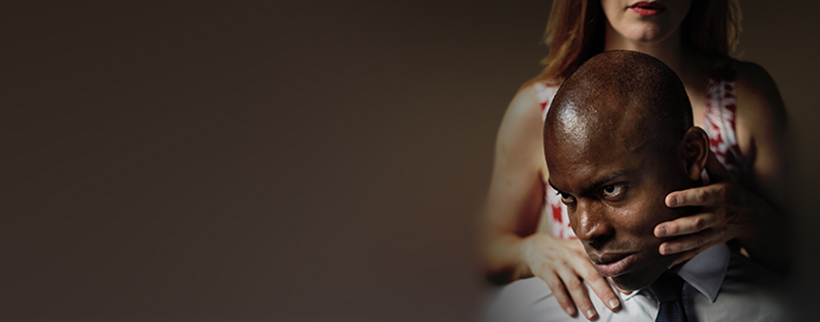
If you could summarise the play in one word/sentence what would it be and why?
Oh my God. Can I pick three? I’d say it’s explosive, it’s controversial and it’s also quite sexual. If I had to pick just one, I’d say controversial.
You are a woman of many talents, what will be your next venture?
I’m going to continue with my film work. It’s my first love. I’m shooting a feature in India next month and I’m also in early production of another feature next year, so a lot is happening and I’m enjoying the process.
The journey I want to take them on is a journey of exploring the suppression of the black figure in a white world.
What first inspired you to get into theatre and what keeps you in this industry?
I don’t think I ever would have gone out there and taken the plunge, if that makes sense. Film has always been a comfortable space for me, a safe space, where I feel at home – I’ve been doing this for a decade now, and it’s all I know. So, I wouldn’t say I was inspired to jump into theatre as such. I love theatre, I love watching theatre, but I’d never felt inspired to produce, write or direct theatre myself. When the opportunity arose, and the company reached out however I felt compelled to get involved. It was going to be a challenge, no doubt but an opportunity to grow and do something new. I’m glad they did reach out and I’m glad I got onboard.
What memory of this play (either the making of it or the storyline) will you take away with you? Opening Night, undoubtedly. We’ll make it one to remember and I can’t wait to see Kaitlin Argeaux’s vision come to life. She cares a lot about this play, and she’s put in a lot of work. Our lead cast James Williams and Cheska Hill-Wood have had some very intense rehearsals; it’s sensitive subject matter when it comes to race, sexuality and power and they’ve been so honest and so vulnerable – again Kaitlin has done a great job at bringing out beautiful true performances. It’s going to be special. Opening Night is when we’ll get to see what it’s all been for.






















